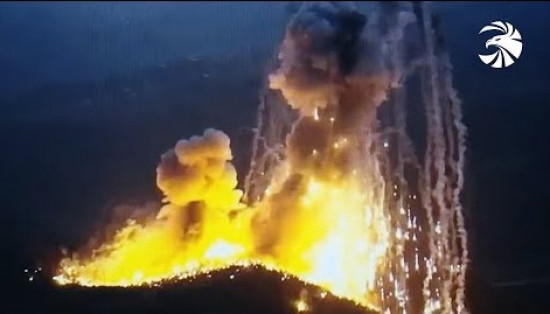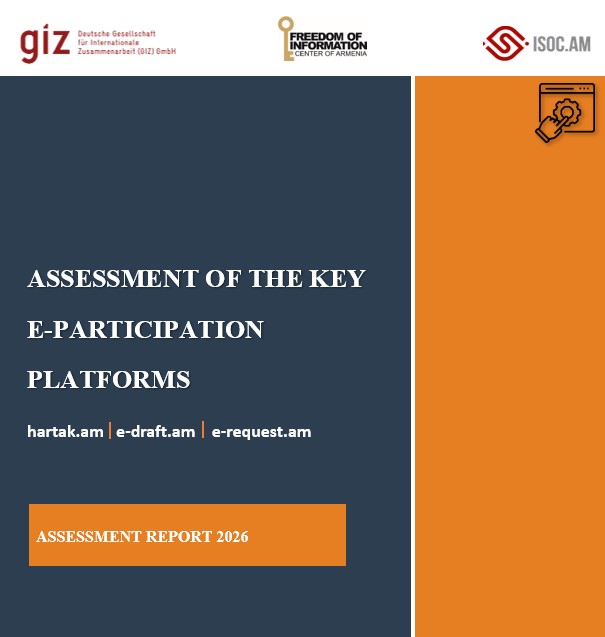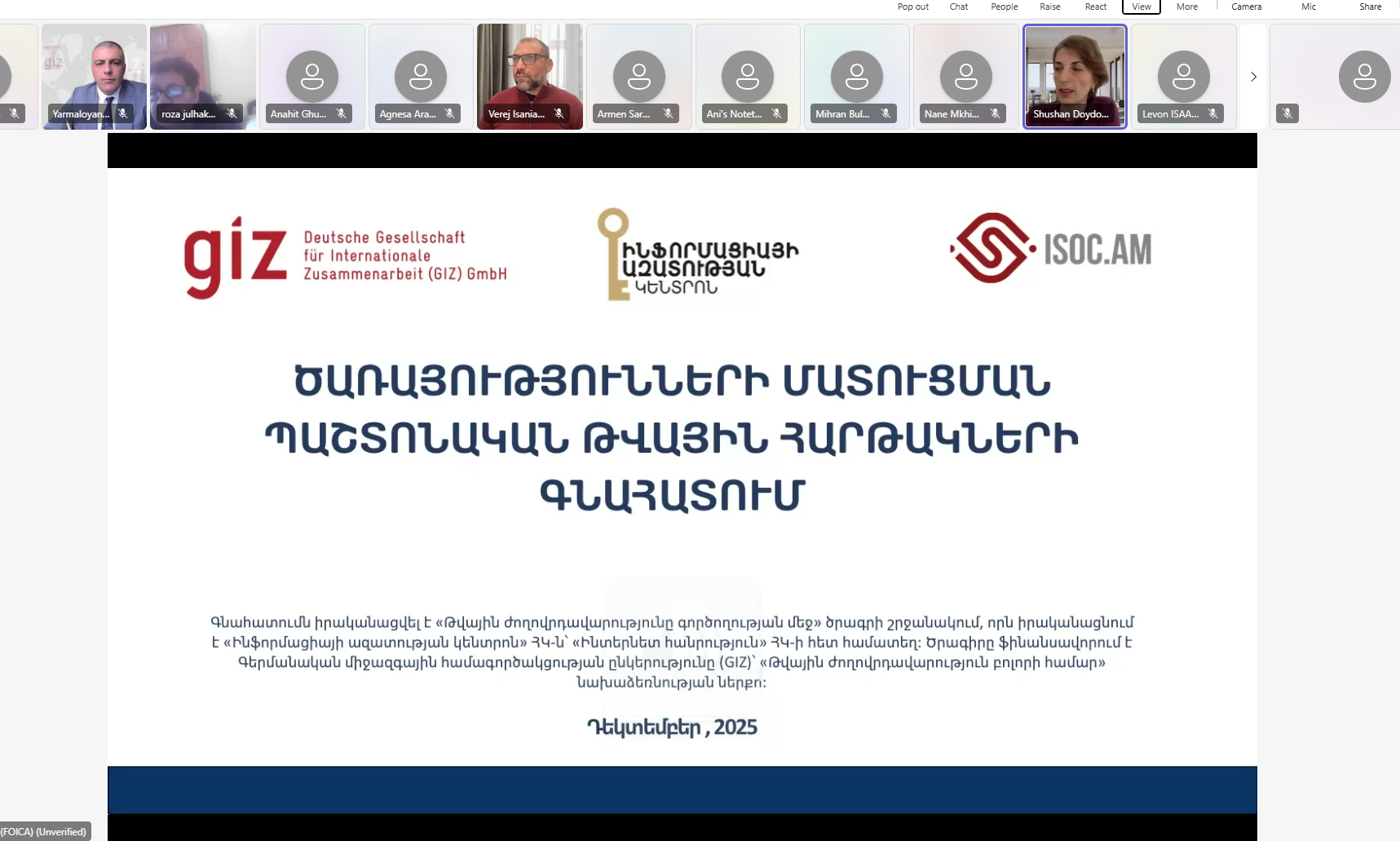Dear Partner,
As you may be aware, on September 27th, 2020, full–blown war exploded between Armenia & Azerbaijan over Naghorno-Karabakh (Artsakh) with four ceasefire regimes negotiated under the umbrella of Minsk OSCE Group, violated during October, 2020.
During this large-scale war, the most intensive since the 1994 ceasefire agreement in the Southern Caucasus region, a number of war crimes were mounted & documented, among them beheadings of Armenian soldiers, killing of civilians in a city square wrapped in Armenian flags, deliberate attacks on civilian infrastructures – residential buildings, churches, food markets, schools and maternity hospitals.
On October 30, 2020, the environmental community of Armenia, including local, regional & international environmental organizations, conservation pioneers, scientists and non-governmental organizations, was shocked to witness another disastrous war crime against natural ecosystems & crucial livelihoods of Artsakh.
As per credible reports & collected data, comprised by Human’s Right Defender of Armenia, Azerbaijani military forces have used white phosphorus munitions containing elements of chemical weapons in the primary forests of Artsakh, which is a gross violation of International Humanitarian Law, principles of Customary Law, Geneva Convention, Chemical Weapons Convention, Convention on the Prohibition of Military or Any Other Hostile Use of Environmental Modification Technique, as well as the provisions of the relevant UN conventions and documents. As video evidence shows, these weapons are being used in an attempt to burn down forests where-civilians are taking shelter from Azerbaijan’s attacks.
The ongoing large-scale war seriously threatens the biodiversity of the region, which has been recognized as one of the world’s biodiversity hotspots. This region is well-known for its high rate of endemism and for being home to more than 6000 plant species, 153 species of mammals, 400 species of birds and other living organisms. Hundreds of plant and animal species found in Artsakh are listed both in the local Red Book and the IUCN Red List of Threatened Species having a protection status at a global level.
Among them are the critically endangered Persian (Caucasian) Leopard, known to migrate through Mrav ridge of Armenia & Artsakh towards the Iranian border, as well as to Azerbaijan and vice versa, which is a rare species with declining numbers protected at a regional & global level.
Furthermore, Armenia & Artsakh are known for their primary forests, which are amongst the most biodiverse forests in the region. Not only do these forests play a major role in preserving favorable environmental conditions for sustainable development, but local people are heavily dependent on these forests for their livelihoods. Traditional forest-related knowledge accumulated over thousands of years is deeply linked with the cultures of indigenous people living in Artsakh.
The usage of white phosphorus munitions by Azerbaijani forces in those forests will not only destroy valuable ecosystems & habitats and put threatened species at the risk of extinction, but will contaminate rivers & underground waters for years, thus turning into a major threat of regional scale for all the people and wildlife living in the region.
We are therefore calling out to the global conservation community for support to help stop the usage of white phosphorus munitions before they cause an environmental disaster and regional ecocide.
The usage of white phosphorus munitions contradicts to all the provisions of all environmental conventions including the Bern Convention, Nagoya protocol to Helsinki & Rotterdam conventions, verified by the Governments of both Armenia & Azerbaijan.
Although 98% of the global population live under the protection of the Chemical Weapons Convention, this is, as we understand, unfortunately not applicable towards Armenia & ethnic Armenians living in Artsakh.
Ongoing developments continue to threaten any form of life in the region and thus we’re addressing you, as a leading environmental organization in the field, to:
● Write to appropriate contacts & conservation partners in your network to express your concern of the possible environmental destruction in Artsakh and the region
● Raise awareness within your networks/social channels and:
● Condemn the actions of any military force that uses white phosphorus munitions in forests &
habitats destroying crucial ecosystems and therefore forbidden under international law.
● Call for responsibility to protect valuable ecosystems, species populations & genetic resources from
ecocide in Artsakh.
● Call for moral responsibility in a time of war and exclude war crimes both against humans and
nature.
Please kindly inform us, the undersigned, about actions undertaken by your organization advocating for sustainable development & environmental resilience, and further steps aimed at eliminating the risk of the ecocide in Artsakh region, which is a crucial habitat to threatened species & populations not recognizing political borders and/or regional disputes.
Yours sincerely,
1. Foundation for the Preservation of Wildlife & Cultural Assets (FPWC),
2. Armenian Society of Biologists NGO
3. Eco Waste Environmental NGO
4. Yerevan Aarhus Center
5. Armenia Tree Project
6. Sunchild NGO
7. Strategic Development Agency
8. Solution Hub NGO
9. Green Age NGO
10. American University of Armenia/Harutyun Alpetyan, Waste Governance Expert,
11. Environmental Public Society
12. BlEJAN, environmental, social, business support NGO,
13. Araves Bird conservation NGO
14. Armenian Environmental Front
15. BEM Youth progressive Action Center
16. Freedom of Information Center of Armenia
17. Institute of Botany after A.Takhtajyan NAS RA
18. World Independent Youth Union
19. Doctor Cinema Youth NGO
20. Amities Luxembourg – Armenie a.s.b.l,
21. Formation et Sensibilisation de Luxembourg
22. Regional Development and Research Center NGO
23. “Econews.am” environmental informative website
24. Public Awareness and Monitoring Centre’ NGO
25. Dingo Team NGO
26. SALU Sensibilité et Attention Luxembourg
27. Caucasus Wildlife Tours
28. Armenian Environmental Network
29. Lab Inclusion (France)
30. Green Armenia Environmental Education NGO
31. White Squad Environmental NGO
32. “Armenian Botanical Society” NGO
33. SwIdeas AB (Sweden)
34. 500 km in Armenia
35. Sunchild Eco – tours
36. BLESK LLC env. assessment org./Armenian Branch
37. “Dalma-Sona” Foundation
38. University of Traditional Medicine, Armenia
39. Armenian Women for Health & Healthy Environment NGO
40. One Health Coalition
41. “EcoLur” informational NGO
42. Clean Goris NGO
43. Country Water Partnership NGO
44. Sustainable Water Environment NGO
45. “Centre for Community Mobilization and Support” NGO
46. Green Lane NGO
47. “Consumers’ Consulting Center” NGO
48. My Forest Armenia NGO
49. “Support of Botanical Garden” Charity Foundation
50. Armenian Forests Environmental NGO










